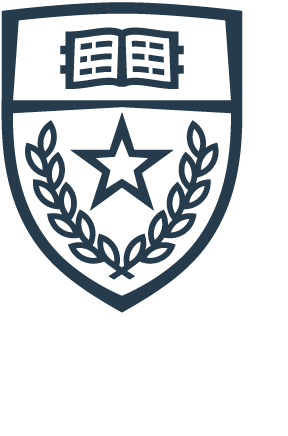Submitted by Seshu Brahma on

Hard at work
Hello dear reader!
As the semester comes to an end, many of you may be looking eagerly towards summer vacation. Perhaps you have an internship lined up or are involved in research for the upcoming months. But even if you don't have a specifically structured plan, there are still many ways to be immersed in computer science on your time.
In my opinion, the best way to get better at computer science is working on your own personal project. Personal projects can be about any topic, using any field of computer science, which is why they're so great. They're specific to your interests and they really show that you're passionate enough about computer science to be so self-motivated and diligent as to come up with and implement your own idea. Plus, they also showcase your interest for the particular topic you do your project on.
Personal projects are also great because they are super flexible. You can work on any part of it you want whenever you want. You're your own boss here!
These kinds of projects are great for adding a ton of skills to your toolbox in one go and for just exploring what's out there to take advantage of. There are quite possibly an infinite amount of scripts and frameworks and such out there and this would be the perfect time to delve into the ones that interest you most.
On another note, if you don't want to feel like your on your own in a personal project, contributing to other people's open source projects are a fantastic alternative. That way, you would know what you were getting into and probably have a better idea of what exactly your piece would need to accomplish. It's a great way to start small with something achievable while still feeling a sense of accomplishment.
So if you don't have plans yet for your summer, I hope you give personal projects a try. Whether it's something small and simple, or the next hot social media trend, you'll definitely learn so much along the way because in these projects especially, you get out of it what you put into it!







